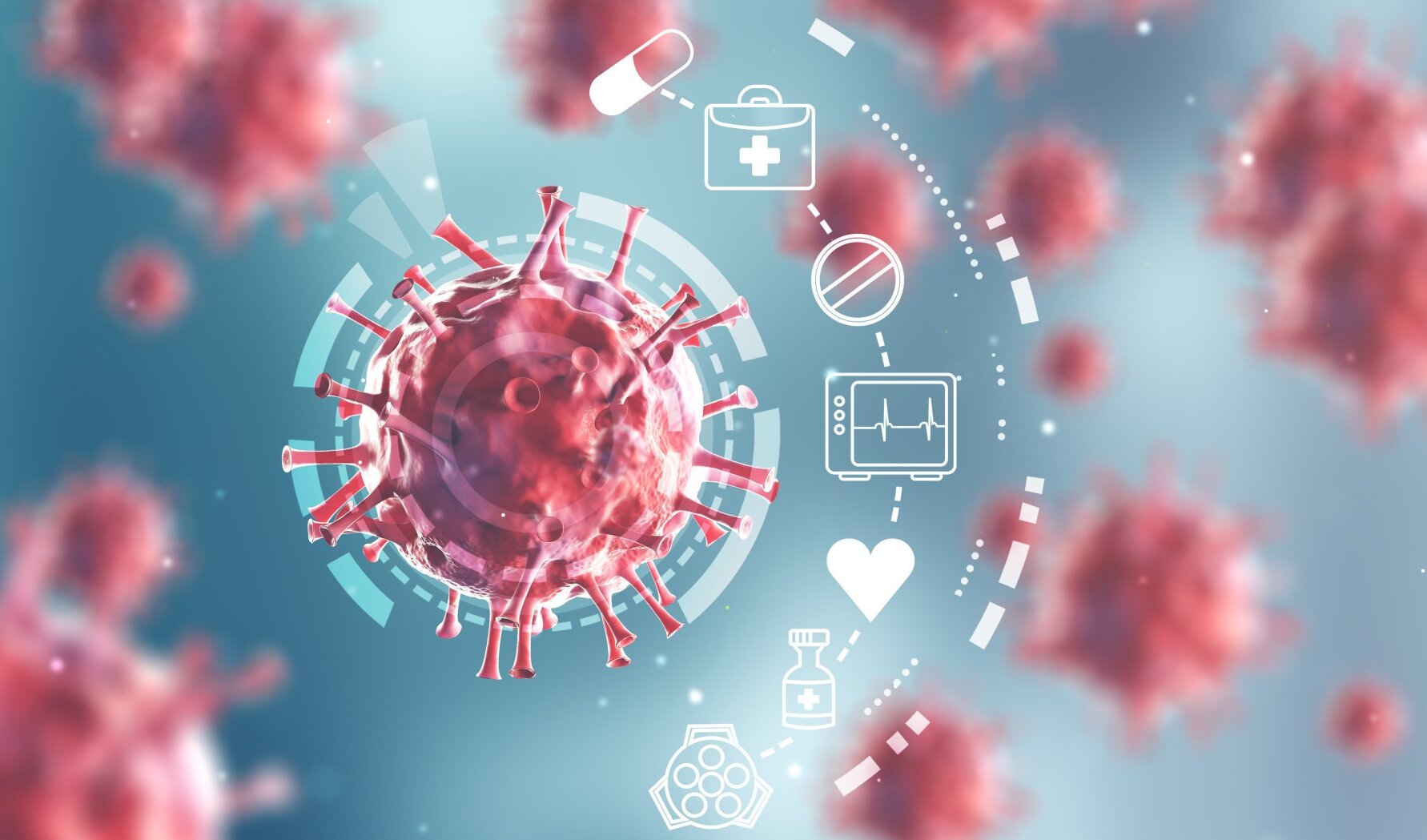If we want to increase the chances of survival in various diseases today, such as cancer, heart disease and diabetes, therapeutic approaches should be tailored as precisely as possible to the individual patient. Personalized cell and gene therapies make this possible but are difficult to realize due to the expenses in supply chain management. The use of cell and gene therapy software, such as the End-to-End supply chain management solution Hypertrust X-Chain, can significantly simplify the delivery of these complex therapies.
What are cells and genes therapies?
Cell & gene therapies aim to treat, prevent, or potentially cure these diseases. Both approaches have the potential to alleviate the underlying cause of genetic diseases and acquired diseases.
Cell therapy intends to treat disease by restoring or altering specific groups of cells. Cell therapy involves growing or modifying live cells outside the body before injecting them into the patient. The cells used may come from the patient or from a donor. Cell therapy products include cellular immunotherapies and cancer vaccines.
Gene therapy is a technique that modifies a person’s genes to treat or cure disease – according to FDA. It is found in a variety of applications. In ex vivo gene therapy, cells with a genetic defect are isolated from a patient, grown in culture, the therapeutic gene is introduced into the cells, and they are then transferred into the body to fight a disease. In vivo gene therapy, on the other hand, involves introducing a functioning gene into a carrier or vector, which is then injected directly into the bloodstream.
How cell and gene therapies are helping to save lives?
Advanced and personalized therapies enable tailored healthcare instead of a “one-size-fits-all” solution. Clinicians have long known that medical treatments work well for some patients with a particular disease, but not for others with the same condition. Advances in a variety of fields – from genomics to stem cells to regenerative medicine – as well as data science, are enabling more effective treatments tailored to individual patient needs.
The scientific field for cell and gene therapy products is fast-paced and rapidly evolving – brining a new approach to the treatment of cancer, rare diseases, and other serious conditions. This may include potentially transformative products that are manufactured from the patient’s own cells (i.e., autologous products).
The challenges in the Cell & Gene Therapies realization
Cell and gene therapies require dramatically altered supply chain processes, especially when provided to patients on a large scale. There are specific characteristics that impose new and additional requirements on process execution and the supporting IT systems compared to conventional therapies. They also rely on complex manufacturing and distribution steps that are highly individualized for each treatment.
Figure 1 shows how complex the supply chain of such a personalized therapy can be. The challenge is that these steps must be optimally coordinated with each other.

Cost of supply chain orchestration
The costs incurred in the supply chain arise primarily from the effort required to coordinate processes across multiple organizations. In the clinical trials we have seen so far, orchestration is often a manual process driven by paperwork and forms.
Technology-supported processes have the potential to relieve case managers from error-prone manual work. They can facilitate a highly automated planning and orchestration across all parties.
The advantages of supply chain orchestration in this industry
This is exactly the kind of challenge that cell and gene therapy software can successfully overcome. More digitization, automation and standardization help to make processes more efficient, reduce costs and increase the capacity of case managers for patient-oriented tasks. It ensures comprehensive coordination and automation of information and process flows, resulting in a seamless therapy supply chain and improved patient outcomes.
Free whitepaper for key insights and solutions for supply chain orchestration
Hypertrust Patient Data Care is addressing this issue and has published key insights on the topic in a whitepaper. This paper helps supply chain leaders in pharmaceutical companies understand the complexity and requirements of personalized cell and gene supply chains. It outlines the steps required to comprehensively orchestrate the supply chain from (pre-)clinical trials to successful commercialization, controlling complexity and costs.
Do you want an answer to these questions?
- Why are Cell & Gene Therapies supply chains different?
- What cost Factors in Cell & Gene Therapies should you expect?
- What does the process of orchestrating Cell & Gene Therapies look like in detail?
- What does common ground for cooperation among partners look like?
- How can cell and gene therapy software help realize personalized therapies?







